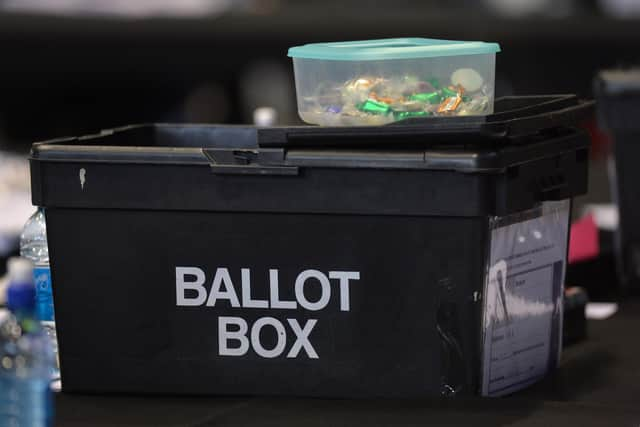Nottinghamshire's parliamentary boundaries could be set for a shake-up in Boundary Commission plan
and live on Freeview channel 276
The proposed reforms proposed by the Boundaries Commission would see one additional constituency created in the East Midlands, rising to 47, while some will be reduced or increased in size and some renamed.
The Boundary Commission for England is the independent organisation responsible for reviewing Parliamentary constituency boundaries in England.


Advertisement
Hide AdAdvertisement
Hide AdA consultation has now been launched to gauge public feeling on the plans before the current review will conclude with a formal report and recommendations in June 2023.
In law, every constituency the commission proposes must contain between 69,724 and 77,062 Parliamentary electors.
Under the plans:
Mansfield would lose part of its boundary, with a few streets in the west of the town going to Ashfield;
Ashfield would lose the southern part of its boundary in Eastwood to Broxtowe;
Advertisement
Hide AdAdvertisement
Hide AdBassetlaw would lose part of its eastern boundary to Newark, and would be renamed Worksop and Retford;
Sherwood would expand into some areas but would lose others to Gedling;
Kimberley would merge with Nottingham North, from Broxtowe, creating the new constituency of Nottingham North and Broxtowe;
Broxtowe would lose Kimberley, Nuthall and Watnall, but it would gain Eastwood from Ashfield.
Advertisement
Hide AdAdvertisement
Hide AdA spokesman for the Boundary Commission for England said: “As far as possible, we try to have regard to local ties, geographic factors, local government boundaries, existing constituencies, and minimising disruption caused by proposed change.
"We use local government wards as the building blocks for proposed constituencies, but will consider splitting a ward where there is a strong case for doing so."
